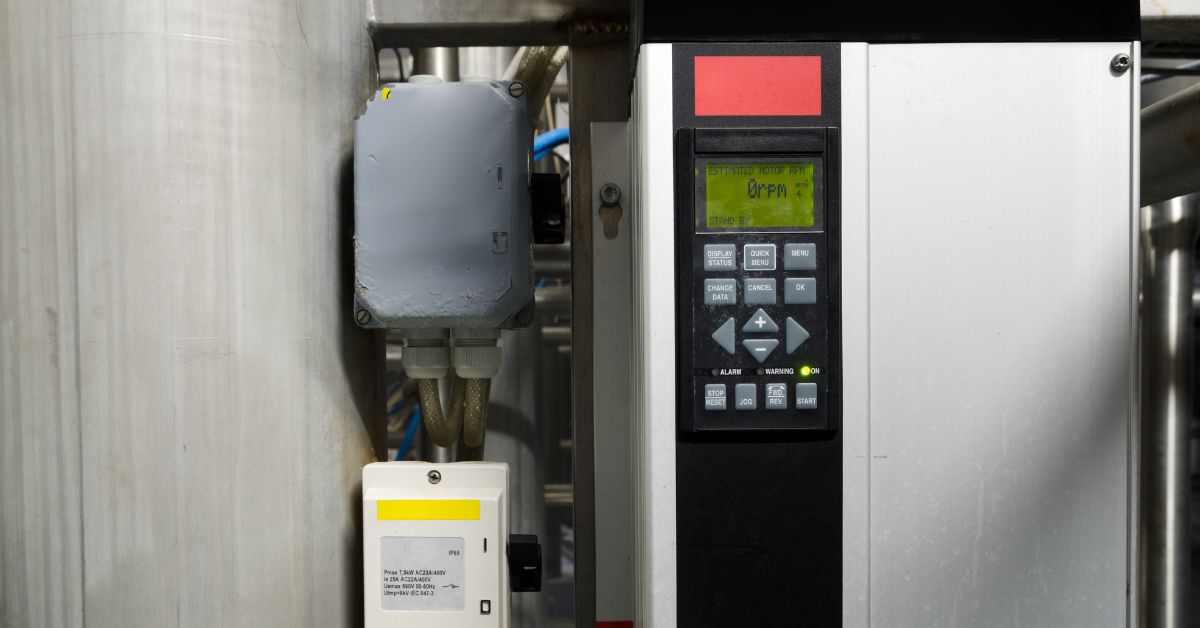
In today’s industrial landscape, understanding thermal load is crucial for optimizing the performance and longevity of equipment. Industry professionals who deal with electrical systems need to grasp the significance of thermal load to ensure efficient operations and prevent costly downtimes. But what exactly is thermal load and why does it matter? Visicomm Industries is here to explain.
Understanding Thermal Load
Thermal load refers to the amount of heat energy that must be managed within a given system or environment. In the context of common electrical equipment, thermal load is an important part the conversion process, which involves electrical losses manifesting as heat.
Technicians need to find a way to dissipate the heat efficiently to maintain optimal performance and avoid damage to the equipment. Poor management of thermal load can lead to overheating, which in turn can cause malfunctions, reduced efficiency, and even complete system failures.
The Impact of Thermal Load on Equipment
When looking at what thermal load is and why it matters, you need to understand the negative side effects of inadequate thermal load management. Overheating can degrade the performance of critical components such as power transistors and capacitors. This degradation not only shortens the lifespan of these components but also leads to frequent maintenance and replacements, driving up operational costs.
Excessive thermal load can compromise the overall reliability of the system, resulting in unplanned downtimes and potential safety hazards. By effectively managing thermal load, you can ensure that your equipment operates within safe temperature limits, thereby enhancing both performance and reliability.
Strategies for Managing Thermal Load
Effective thermal load management involves several strategies that can be implemented at various stages of the equipment lifecycle. During the design phase, incorporating adequate ventilation and cooling mechanisms such as heat sinks, fans, or liquid cooling systems can significantly reduce the risk of overheating.
Regular maintenance practices, including cleaning air filters and ensuring unobstructed airflow, also play a vital role in managing thermal load. Modern monitoring technologies can provide real-time data on temperature conditions, enabling proactive adjustments to prevent overheating. Utilizing high-quality materials that can withstand elevated temperatures further contributes to the durability and efficiency of electric frequency converters.
At Visicomm Industries, we understand the critical role that effective thermal load management plays in maintaining the efficiency and longevity of your equipment. Our state-of-the-art 50hz to 60hz power converter solutions work to deliver exceptional performance while ensuring minimal heat generation and optimal thermal dissipation. To learn more about what we have to offer, Contact Visicomm Industries today, and a member of our team will be happy to assist you.